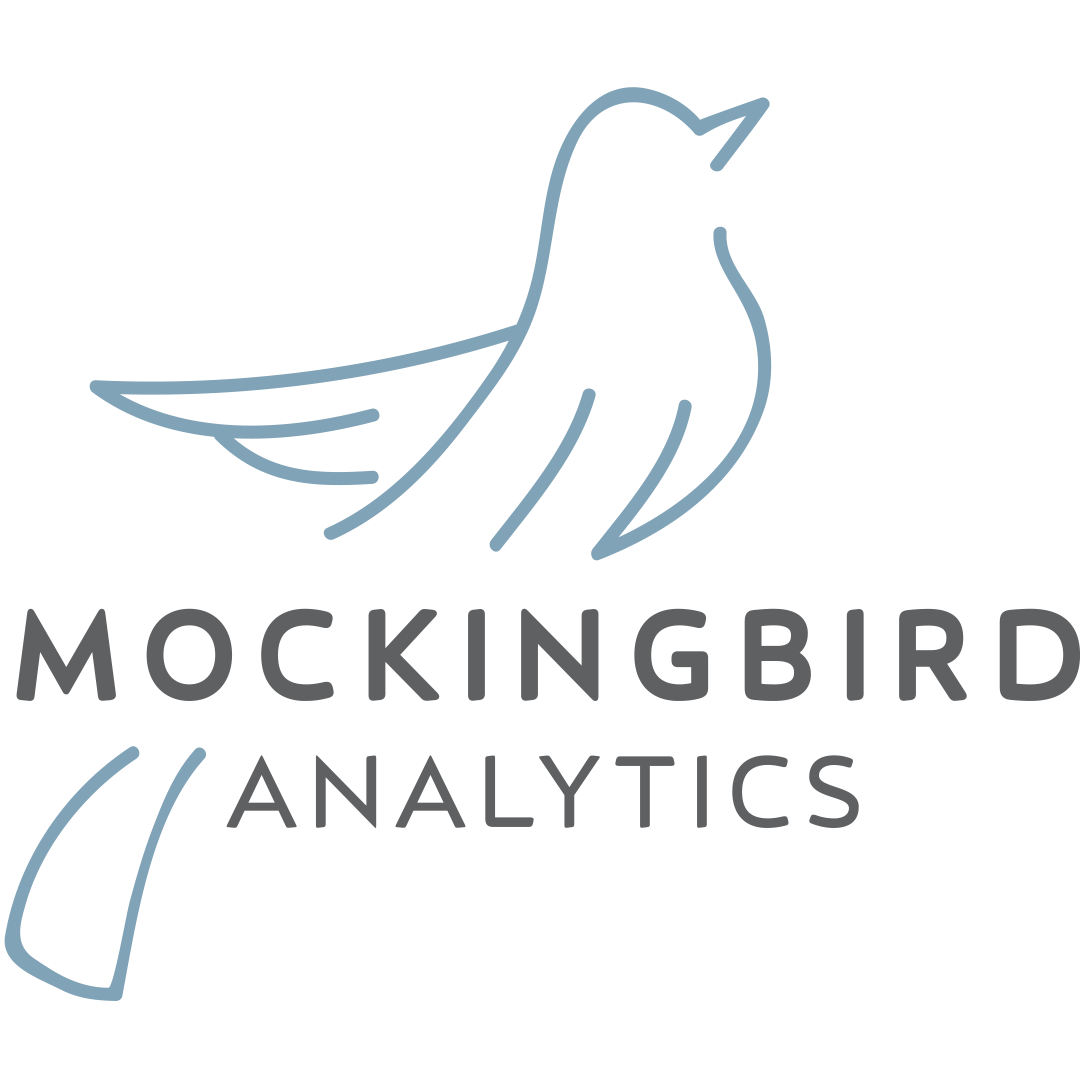Taking Your Board Beyond
More often than not, we have many people starting in nonprofits that seek consulting services for board recruitment. Everyone wants to know how to engage and get community leaders to back their agenda. While of course, this is the obvious first step for board cultivation what often goes unnoticed is board training after they have signed on. After recruitment, how can you take your board beyond their basic responsibilities and into roles that are established with clear expectations and open communication?
Steps for Taking Your Board Beyond
Professional Development
Professionals join a board for connections, because they are passionate about your cause, or to further their own professional development. A huge service to your board is to offer workshops (for example equity and diversity trainings) so not only do you have a well-informed and educated board, but you are also offering them opportunities for development that they otherwise might not get in their day to day workplace. This is a win/win path for everyone involved. It is also important to train your board purely so you can mitigate many of the roadblocks that might arise as you work together.
Expectation Road Blocks
You can imagine that when someone new comes onto your board, they will be distinctively aware of the fact that they don’t know what they are supposed to do. Setting up onboarding best practices for your board members will help build a certain level of security and trust in what expectations should be. People want to understand and feel secure in their placement and duties. Training your board members to understand their responsibilities and how they will help advance your mission is beneficial to you as a leader and to the people volunteering their time. A training can ignite fundraising, resources, and further your recruitment since board members will know exactly who and where they need to be reaching out to.
Logistical Training
Another reason for setting up professional development for your board is to update and help them understand all the logistics necessary for the upcoming year. Leaders often try to cram this into the strategic planning sessions, but having set up a separate workshop with concise details on tax status, new laws, new staff members, and ‘where to find' documentation for your programs is best worked into a training specifically designed for board cultivation. An annual board training for logistics and information is standard for many organizations and a great way to develop self-sufficiency for everyone involved.
Take this quiz if you are an executive director or board president looking to create better practices in your board and increase engagement.
As a nonprofit leader, the idea of training your staff and your board seems like constant hand-holding. Truly, this is a lot of accountability and collaboration. However, setting aside time for board member development is going to organize and make your strategic planning and fundraising that much more successful in the long term. Also, it is a great way to show your board that you are invested in their commitment and that you view their expertise as something worthy of emphasis. If you are unsure of where your board currently stands and what you need to do to further develop your team, check out our Board Assessment quiz here.
As board management consultants we understand what is necessary and needed for cultivating a strong collaborative team with your stakeholders. We develop organization-specific training and workshops to help advance board cultivation and streamline strategic planning.





